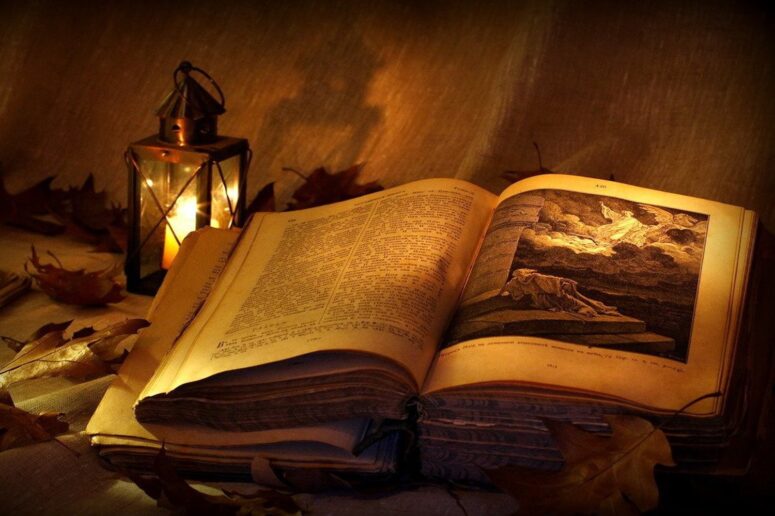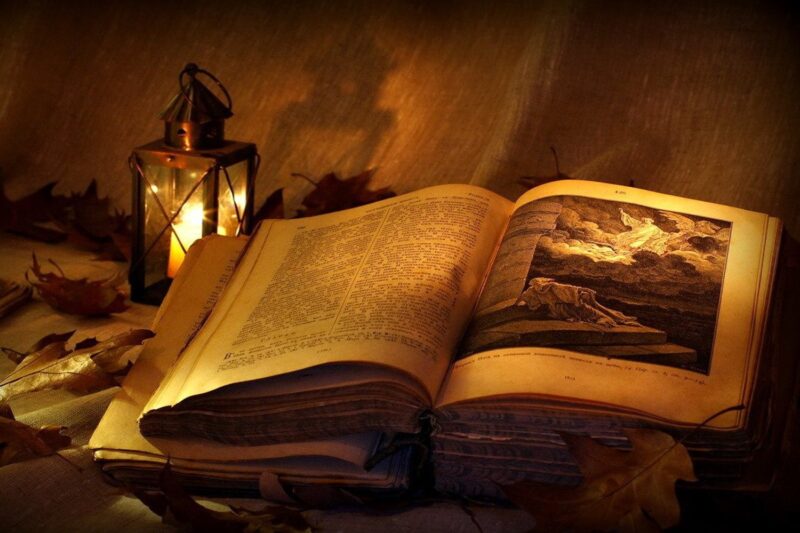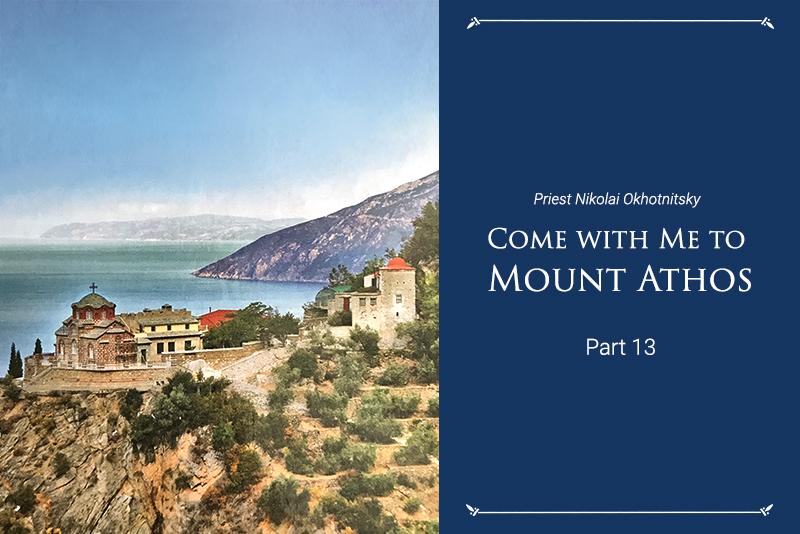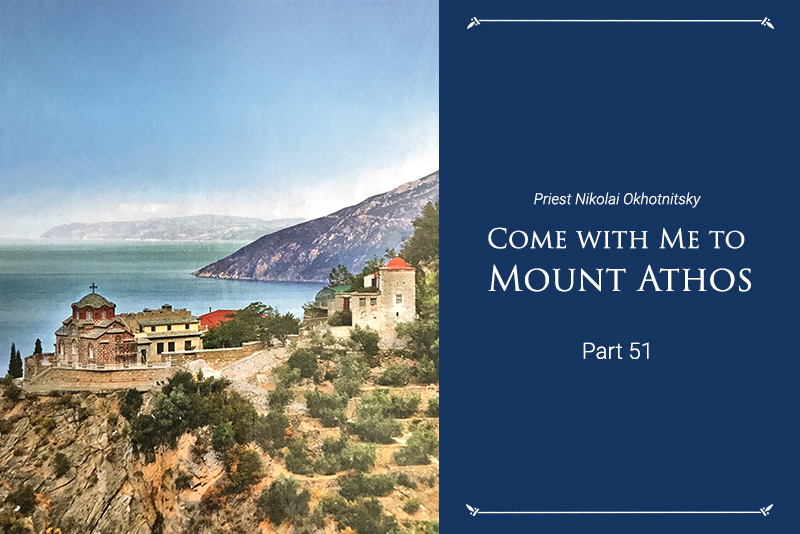
As you know, biblical authors often refer to their predecessors, citing quotations from various books of Holy Scripture. However, it is not always possible for the reader to “follow the link” and find the original text.
For example, in Numbers 21:14 the author quotes an unknown Book of the Wars of the Lord, “Wherefore it is said in the Book of the Wars of the Lord, “Waheb in Suphah and the wadis. The Arnon and the slopes of the wadis that extend to the seat of Ar, and lie along the border of Moab.” From there they continued to Beer; that is the well of which the Lord said to Moses, ‘Gather the people together, and I will give them water'” (Num. 21: 14-16).
It is not known for certain what this book was like and who was its author, but there are some assumptions. According to the most popular of them, the book describes various miracles that helped believers escape their enemies. There are many theories regarding the Book of the Wars of the Lord (also known as the Book of the Wars of Yahweh). For example, it is believed that the Song of Deborah (currently part of the Book of Judges) was originally part of the Book of the Wars of the Lord. There exists an opinion that God deliberately hid the book from the modern people, but no explanation of this is usually provided. Most likely, the Book of the Wars of the Lord described various military campaigns of the Jews, and many passages from it have ‘migrated’ to the known books of the Bible.
The following lost book of the Bible, which is definitely worth mentioning, is known to us from the two verses: “And the sun stood still, and the moon stopped, until the nation took vengeance on their enemies. Is this not written in the Book of Jashar? The sun stopped in midheaven, and did not hurry to set for about a whole day” (Joshua 10: 13); “He ordered that The Song of the Bow be taught to the people of Judah; it is written in the Book of Jashar” (2 Kings 1:18).
According to the estimates of most biblical scholars, the Book of Jashar (which means the Book of the Upright or the Book of the Just Man) was a collection of religious poems and heroic hymns. There are also assumptions about the book’s authorship, according to which the book is likely to have many authors living in different times and describing in their hymns the key events of different eras. For example, we know that some of its passages were dedicated to the famous victory of Joshua over the Amorites. It is also quite possible that the Book of Jashar was a kind of an annalistic collection and was regularly updated. Based on the aforementioned verse from 2 Kings, it can be assumed that “The Song of the Bow” is the name of one of the ‘laments’ (an ancient Eastern literary genre) included in the book of Jashar. It is likely that other laments and hymns also had their own names.
There are two main hypotheses about the origin of the book’s title. The first hypothesis assumes that the lost book is called so because it describes the deeds of the righteous. The second one ascribes the epithet “righteous” to the book’s many authors who honestly and accurately recounted the described events.
The following book is of particular interest, since (despite the direct mention of it in the Bible) its existence is questioned by biblical scholars. We learn about it from the quote made by St Paul the Apostle in his letter to the Colossians: “And when this letter has been read among you, have it read also in the church of the Laodiceans; and see that you read also the letter from Laodicea” (Col. 4:16).
There are a number of passages that are assumed to be the epistle to the Laodiceans. One of them is a short passage from the Vulgate, a late-4th-century Latin translation of the Bible. However, this text has no dogmatic meaning, since it contains no new ideas that are not already included in other books of the New Testament. In view of this, it was unequivocally rejected by the Roman Church, as well as by many Church Fathers. There is also an opinion that the famous heresiarch Marcion, among other things, quoted the lost Epistle to the Laodiceans. However, according to some theologians, he used this title in relation to the well-known Epistle to the Ephesians.
The aforementioned controversy about the existence of this book is related to some exegetes (based on differences in translation) interpreting St Paul’s words differently and considering the “Epistle to the Laodiceans” either an Epistle to the inhabitants of another city but written in Laodicea, or an Epistle of the Laodiceans to the holy apostle.
There are also other books that have not survived to this day, but are mentioned in the Bible, for example, the records of Hozai: “His prayer, and how God received his entreaty, all his sin and his faithlessness, the sites on which he built high places and set up the sacred poles and the images, before he humbled himself, these are written in the records of Hozai” (2 Chron. 33:19). The question arises: why has God not preserved that rather large part of Scripture? Why have so many books been lost? There is no clear-cut answer to this question. It is quite possible that they were relevant only for the people of that time, and simply would not be useful to us. One way or another, there is hardly a need to grieve about what has been lost, because the Lord has given us everything that we need. “His divine power has given us everything needed for life and godliness, through the knowledge of him who called us by his own glory and goodness” (2 Pet. 1: 3).




